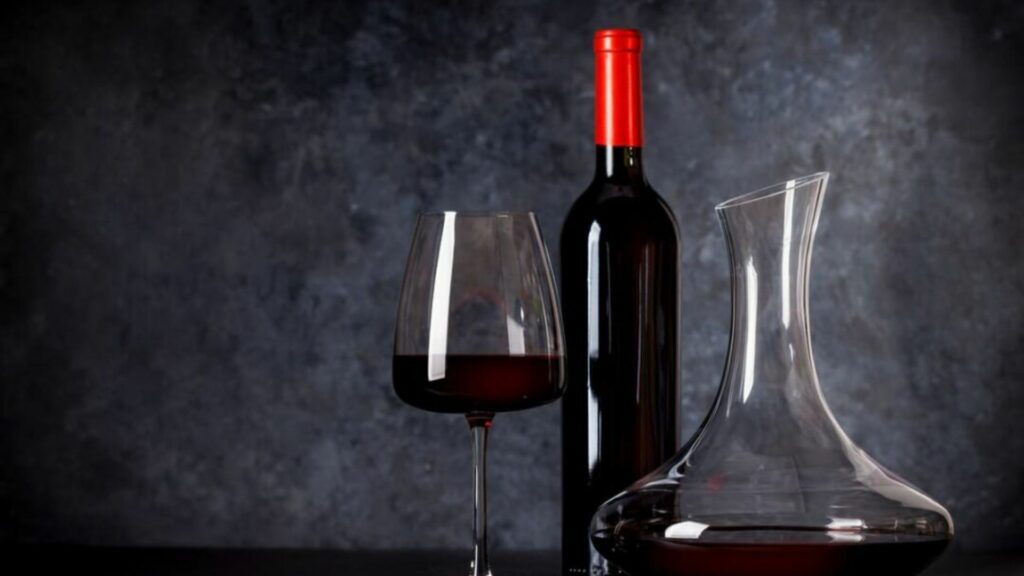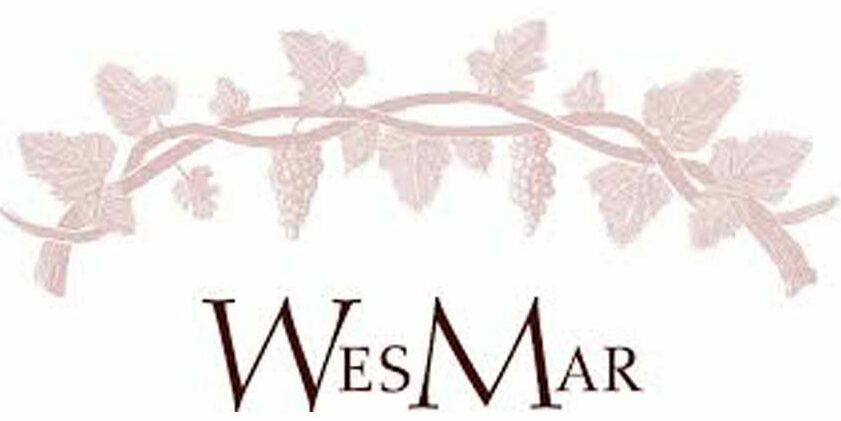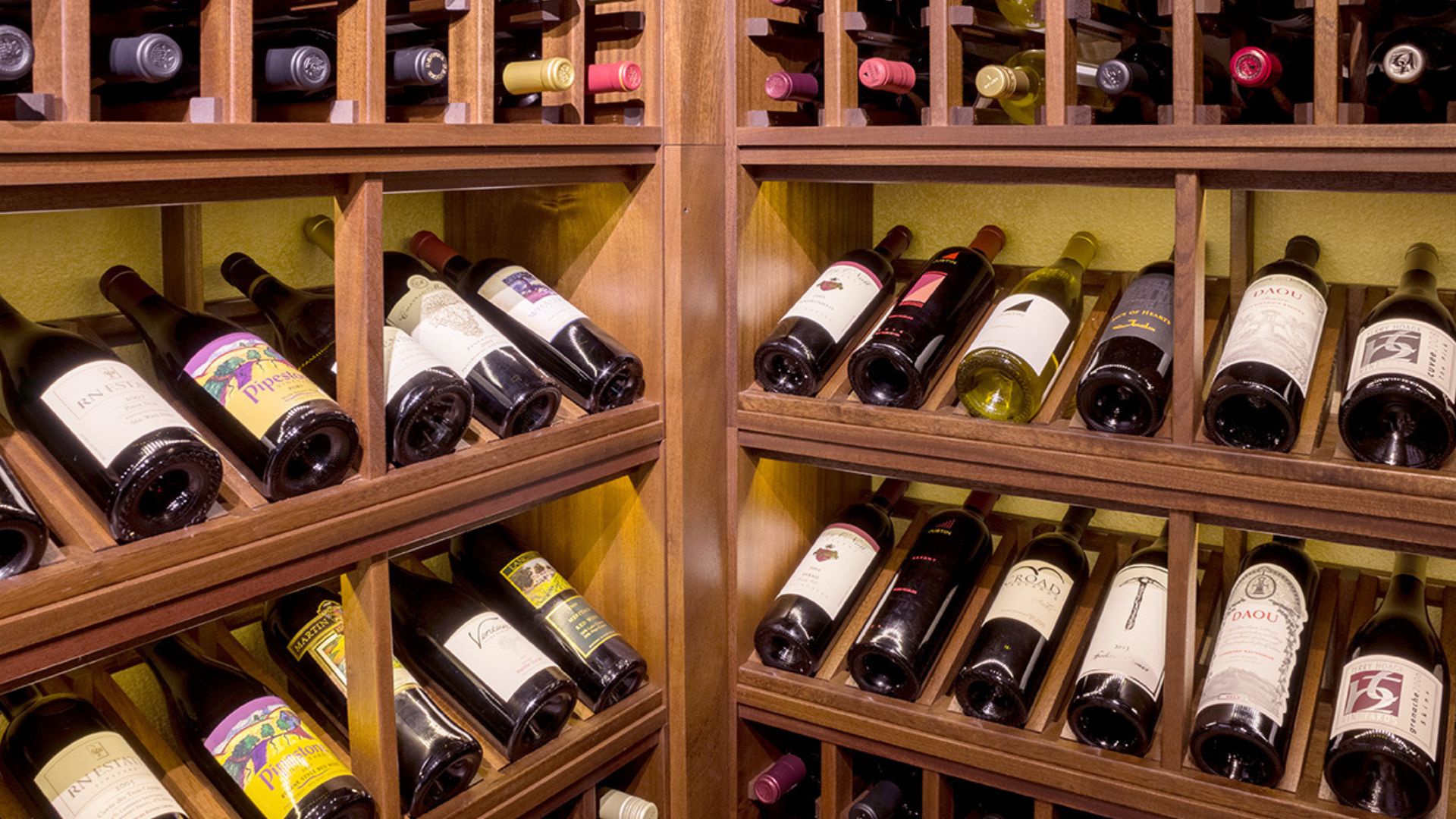Wine – a beverage steeped in history and culture, capable of transforming a simple meal into a celebratory experience. But did you know that proper ageing can elevate a good bottle of wine to greatness? Unlocking the best ways to age wine can be a rewarding pursuit, transforming your cellar into a treasure trove of flavour and complexity. Let’s explore more!

Understanding Age-Worthy Wines
To begin with, before looking into storage techniques, consider this: not all wines benefit from ageing. Additionally, lighter-bodied white wines or young reds are typically enjoyed within a few years of bottling. The best ways to age wine focus on wines with higher acidity, tannins (grape skins and seeds), and alcohol content. These elements act as natural preservatives, allowing the wine to evolve and develop richer flavours over time. Examples of excellent ageing candidates include Barolo, Cabernet Sauvignon, Bordeaux blends, and some Rieslings.
Creating the Perfect Environment for Aging Wine
Now that you’ve identified your ageing contenders, let’s explore the best ways to age wine through proper storage. Here are the key elements:
Temperature
Temperature is arguably the most crucial factor. Ideally, store your wine between 50-57°F (10-14°C). Excessive heat accelerates the ageing process, leading to dull flavours and a loss of freshness. Conversely, extremely cold temperatures can slow down the ageing process too much. The best ways to age wine involve maintaining a consistent temperature and avoiding drastic fluctuations.
Mastering Humidity and Light
Humidity levels also play a significant role. Aim for a humidity range of 50-70%. Too much humidity can encourage mould growth on corks, while too little humidity can cause corks to dry out, allowing air to enter the bottle and spoil the wine.
Light exposure can damage wine, particularly those in clear glass bottles. The best ways to age wine involve keeping bottles in a dark environment. Store wine in a cool, dark cellar or invest in wine racks within a temperature-controlled closet.
Minimizing Vibration and Choosing the Right Storage Container
While not as critical as temperature or humidity, excessive vibration can disturb the sediment in red wines. The best ways to age wine include storing bottles on a stable surface and minimizing vibrations caused by heavy machinery or foot traffic. Traditionally, cork closures are used for ageing wine. However, some wines come with screw caps, which can be equally effective for ageing if the wine is intended for medium-term (5-10 years) storage.
Additional Considerations for Aging Wine
Once you’ve mastered the essential elements, consider these additional tips for the best ways to age wine:
Position Bottles Horizontally
Storing bottles on their side keeps the cork moist, preventing air from entering.
Proper Organization
Label and organize your wine collection for easy identification and tracking of ageing progress. This allows you to plan your consumption and avoid accidentally opening a bottle too early.
Patience is Key
Furthermore, the best ways to age wine involve patience. Depending on the wine, successful ageing can take years or even decades.
Avoiding Common Mistakes: Protecting Your Wine Investment
While ageing wine can be rewarding, some mistakes can ruin your carefully curated collection. Here are some common pitfalls to avoid:
Storing Wine Near Strong Odors
Wine can absorb strong odours, so avoid storing it near cleaning supplies, food with strong aromas, or paint.
Frequent Temperature Fluctuations
Additionally, as mentioned earlier, maintaining a consistent temperature is crucial. Avoid storing wine in areas with significant temperature changes, like un-insulated garages or attics.
Ignoring Storage Time Recommendations
Every wine has a prime drinking window. Research the specific wine variety and vintage to determine the ideal time for consumption. Opening a bottle too early can result in underdeveloped flavours while waiting too long can lead to a loss of vibrancy.
Conclusion
In conclusion, by understanding the best ways to age wine and implementing proper storage techniques, you can transform your cellar into a haven for flavour exploration. As your wines mature, you’ll be rewarded with complex aromas, softened tannins, and a depth of flavour that surpasses a young bottle. So, gather your favourite age-worthy wines, create the perfect storage environment, and embark on a rewarding journey of transforming grape juice into liquid gold. Remember, ageing wine is an art, and with a little knowledge and patience, you can unlock the full potential of your favourite

